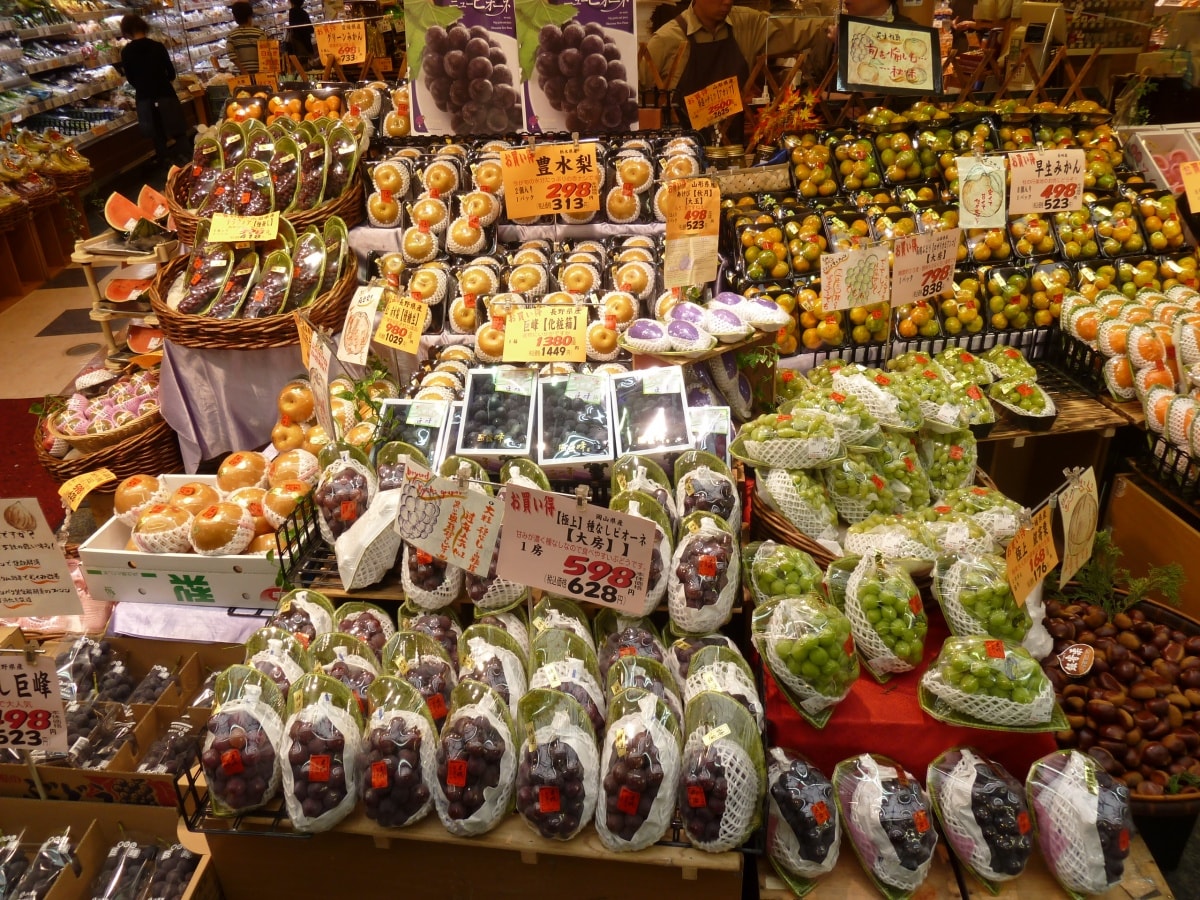



Article by: Hari Yellina
India’s Kesar mangoes have had a great debut on the Japanese market. The first experimental shipments of Indian fruit producer Kay Bee Exports were sent to Costco Japan. The company’s CEO, Kaushal Khakhar, claims that for Japanese consumers, the aesthetic appeal is equally as significant as the flavour: “We exported the Kesar variety of Indian mangoes to Japan. The clients’ expectations are properly met by this type. The flesh of kesar mangoes is a vibrant, luscious orange colour with a saffron flavour and perfume. The name comes from the Hindi word “Kesar” for saffron. “Kesar is also a hardy type with an extended shelf life, making its shipping appropriate for markets like Japan. In the Japanese market, the product’s flavour and taste are equally as significant as its physical look. As a result, we had to work extra hard to create unique packaging and choose the best fruit for this market.
According to Khakhar, it’s difficult to satisfy all of the Japanese consumer’s tastes. Only a small number of volumes were shipped to Japan because the launch occurred at the end of the season. “The Japanese market has high standards for fruit quality. This pursuit of excellence fits Kay Bee Exports’ objective of providing only the freshest and healthiest fresh fruits and veggies. Mangoes from diverse sources are already abundant in Japan, so persuading a merchant to concurrently add another origin to its lineup was a difficult effort. The Indian Embassy in Japan was quite helpful in this situation and made it possible for this business to be conducted. Due to the fact that we started this programme near the end of the season, we could only provide a sample volume. However, we are optimistic that we will generate commercial volumes for the 2023 April to July season.”
Following the success of the trial shipments to Japan, Kay Bee Exports will concentrate on sending additional goods to Japan in the upcoming season: “We’ll now begin concentrating on the 2023 season, when we anticipate clocking bigger amounts. It is by doing so that we will be able to do justice to the full potential of this market. For Kay Bee Exports to be able to implement this initiative, the Indian government agencies played a highly supportive role, according to Khakhar. This was especially helpful because the produce was impossible for Japanese plant protection inspectors to inspect due to covid-measures.
“The Indian Embassy in Tokyo supported our marketing initiatives. We received assistance from the Indian export development council, Agricultural and Processed Food Products Export Development Authority (APEDA), in carrying out the wet sample activities with Costco in Japan. We received assistance from the MSAMB (Maharashtra State Agricultural Marketing Board) with the VHT treatment. We received assistance from the National Plant Protection Organization (NPPO) in adhering to Japanese standards and receiving the paperwork required for customs clearances.